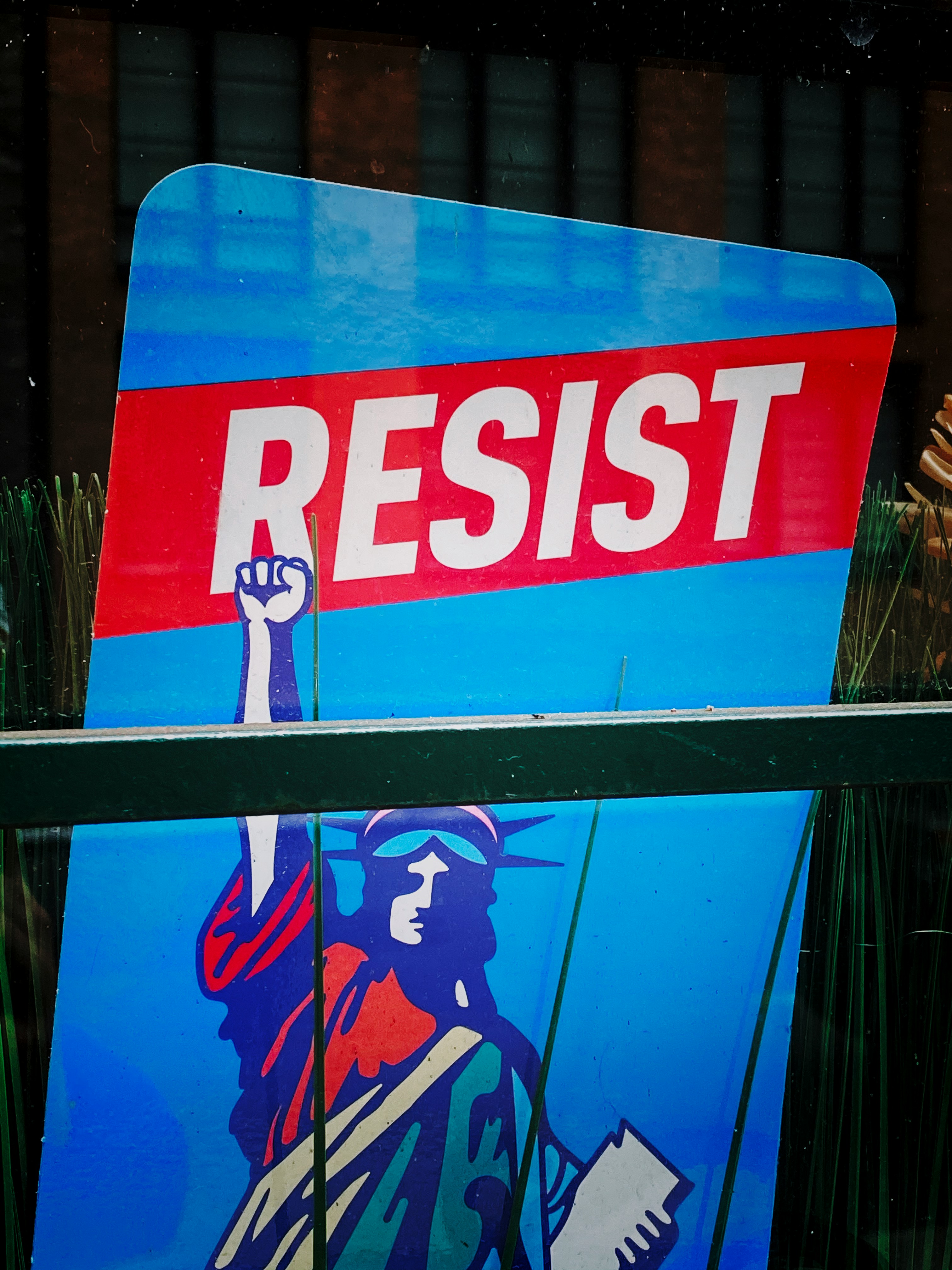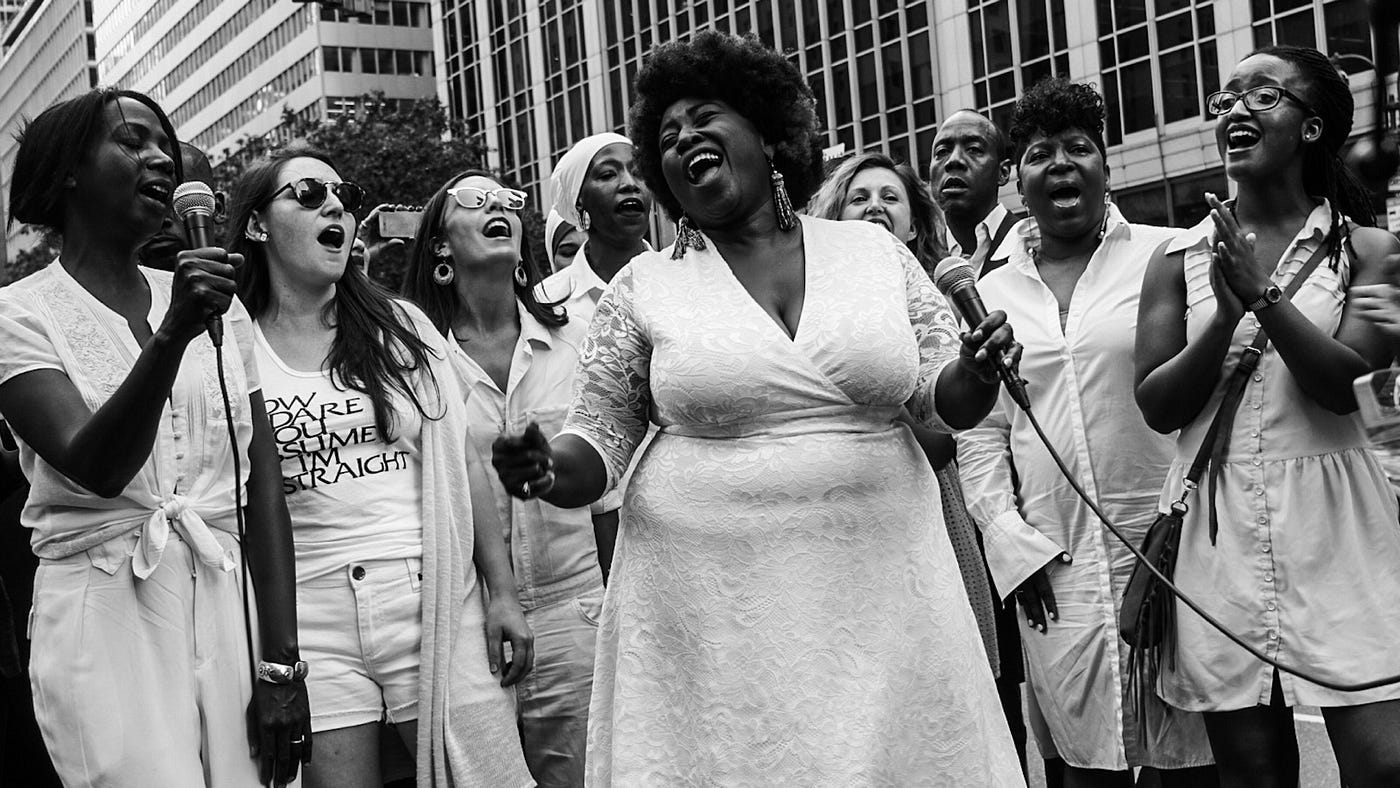General
The Effectiveness of Nonviolent Resistance Movements
The views and beliefs expressed in this post and all Interfaith Alliance blogs are those held by the author of each respective piece. To learn more about the organizational views, policies and positions of Interfaith Alliance on any issues, please contact [email protected].
In a 2008 research paper titled “Why Civil Resistance Works: The Strategic Logic of Nonviolent Conflict,” Maria J. Stephan and Erica Chenoweth demonstrate the effectiveness of nonviolent resistance campaigns in comparison to violent resistance. The authors found that “nonviolent campaigns are more likely to succeed in the face of repression than are violent campaigns” because domestic repression against nonviolent campaigns increases public sympathy and support for the protesters. Additionally, in cases where security, police, or military forces begin to support the nonviolent campaign, it is 46 times more likely to succeed than campaigns that don’t gain security support.
One example of a nonviolent campaign gaining support from security forces comes from the dispatch of US Marines and National Guardsmen to Los Angeles in the wake of mass protests against ICE detentions. Military family advocacy organizations report that the Marines feel like political pawns that have been placed in an unnecessary position that violates their mandate to protect national security. Part of what has created that perception is that the largely peaceful protests have made such a wide-scale deployment of military personnel difficult to justify.
The paper also discusses several case studies that illustrate the efficacy of nonviolent protests, one of which covers the movement against Filipino dictator Ferdinand Marcos. Although the resistance to his dictatorship began with violent resistance led by opposition factions, it soon shifted to a campaign to successfully elect Cory Aquino, the widow of Senator Benigno Aquino, who was assassinated by a military escort. Aquino’s emphasis on nonviolent means of protest and campaigning despite election fraud led to a general strike and boycott that was met with extreme state repression. Eventually, that repression caused the United States to withdraw support from the Marcos regime, leading to the formation of a democratic government under Aquino.
The Catholic Church played a significant role in the democratic movement in the Philippines. The Church disseminated information about the movement through its radio and newspaper outlets, Archbishop Jaime Sin signed a pastoral letter encouraging the nation to vote for a candidate that upheld human rights, and nuns joined protestors in facing down tanks, which led to international calls to support the democratic movement. The Catholic Church was able to use its existing platform to promote respect for human rights and a commitment to nonviolent organizing, and its connection with the democratic movement meant that the majority-Catholic nation flocked to the movement as an act of faith.
As the example of the Philippines demonstrates, faith leaders have a significant role to play in nonviolent protest, particularly in the United States, where the cultural memory of the Civil Rights Movement, led by the Reverend Dr. King, has created a strong connection between faith leaders and nonviolent social justice movements in the eyes of most Americans. Not only do faith leaders have a strong platform and a captive audience, but they are also able to appeal to a wide range of people on the basis of their faith. Ultimately, many individuals draw their political beliefs from their religious beliefs. Faith leaders can appeal to those beliefs and engage members of their faith to create cross-cutting nonviolent campaigns that have the potential to win significant victories against authoritarian regimes.
Transcript

Announcing the 2025-2026 Interfaith Leadership Network Fellows
Interfaith Alliance is proud to announce the 2025–2026 cohort of the Interfaith Leadership Network, an extraordinary group of clergy, pro-democracy advocates, and community leaders advancing civil rights, inclusive religious freedom, and democracy in communities across the country. Through practical support, funding, and a powerful peer network, these fellows will mobilize interfaith collaboration to confront urgent local challenges and strengthen a pluralistic democracy.

One Year of The Trump Administration’s Attacks on Faith Communities and Abuse of Religion
Over its first year, the Trump administration has weaponized religion to advance a white Christian nationalist agenda, attacking faith leaders, houses of worship, immigrants, and religious minorities while undermining core principles of religious freedom. Even as federal power has been used to intimidate and exclude, faith communities across traditions have mobilized to defend democracy, pluralism, and the right of all people to practice their beliefs.

